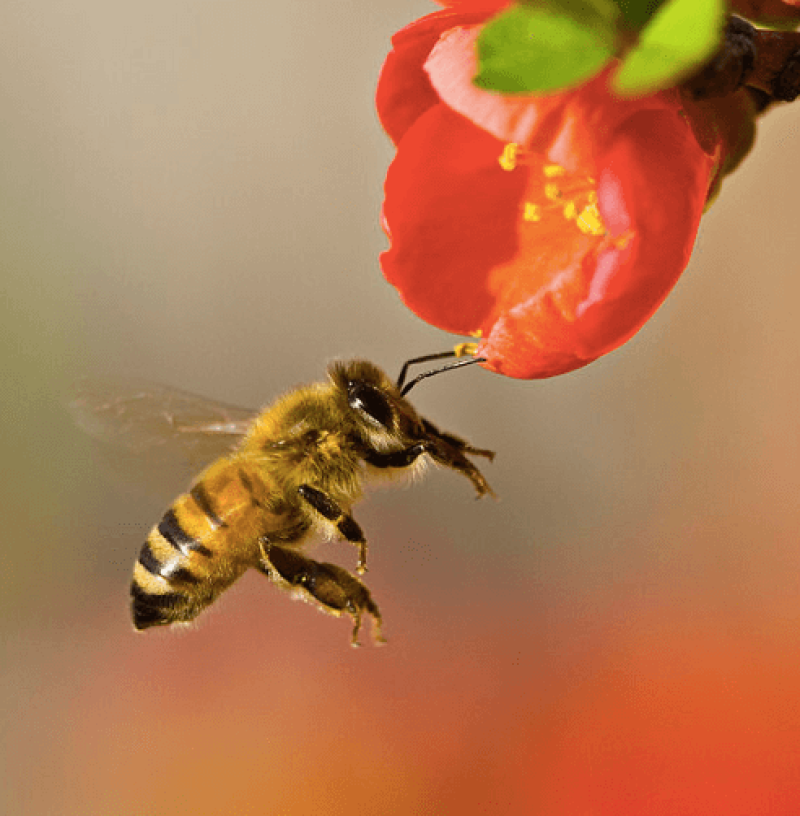What were the lives of wild honey bees like before humans began intensively managing them and moving them all over the world? Surprisingly, we know little about this. After a career of fieldwork and research into wild honey bees, Thomas Seeley, a distinguished professor of biology at Cornell University, provides insights in his quintessential book, The Lives of Bees: The Untold Story of the Honey Bee in the Wild
…
Not only does he celebrate the fascinating lives of honey bees, but he argues that by keeping honey bees in a way that respects their needs, we can reduce the frequency of disease outbreaks that they are prone to, and reduce the chances that these diseases may spread amongst native wild bee species and seriously harm them, too.
…
But the crux of Professor Seeley’s book is the final chapter, Darwinian Beekeeping. In this chapter, Professor Seeley summarizes and reviews important differences in living conditions between wild and managed colonies that he detailed in this book. He argues that typical beekeeping practices are often stressful to the bees, and thus, can cause disease. In this chapter, Professor Seeley lists 14 ways that responsible beekeepers can change their practices to improve the overall health — and the lives — of their bees, so these insects can continue to pollinate our food crops and manufacture the honey that so many of us love.
Read full, original article: The Lives Of Bees: What Were Honeybees Like Before Human Cultivation?































